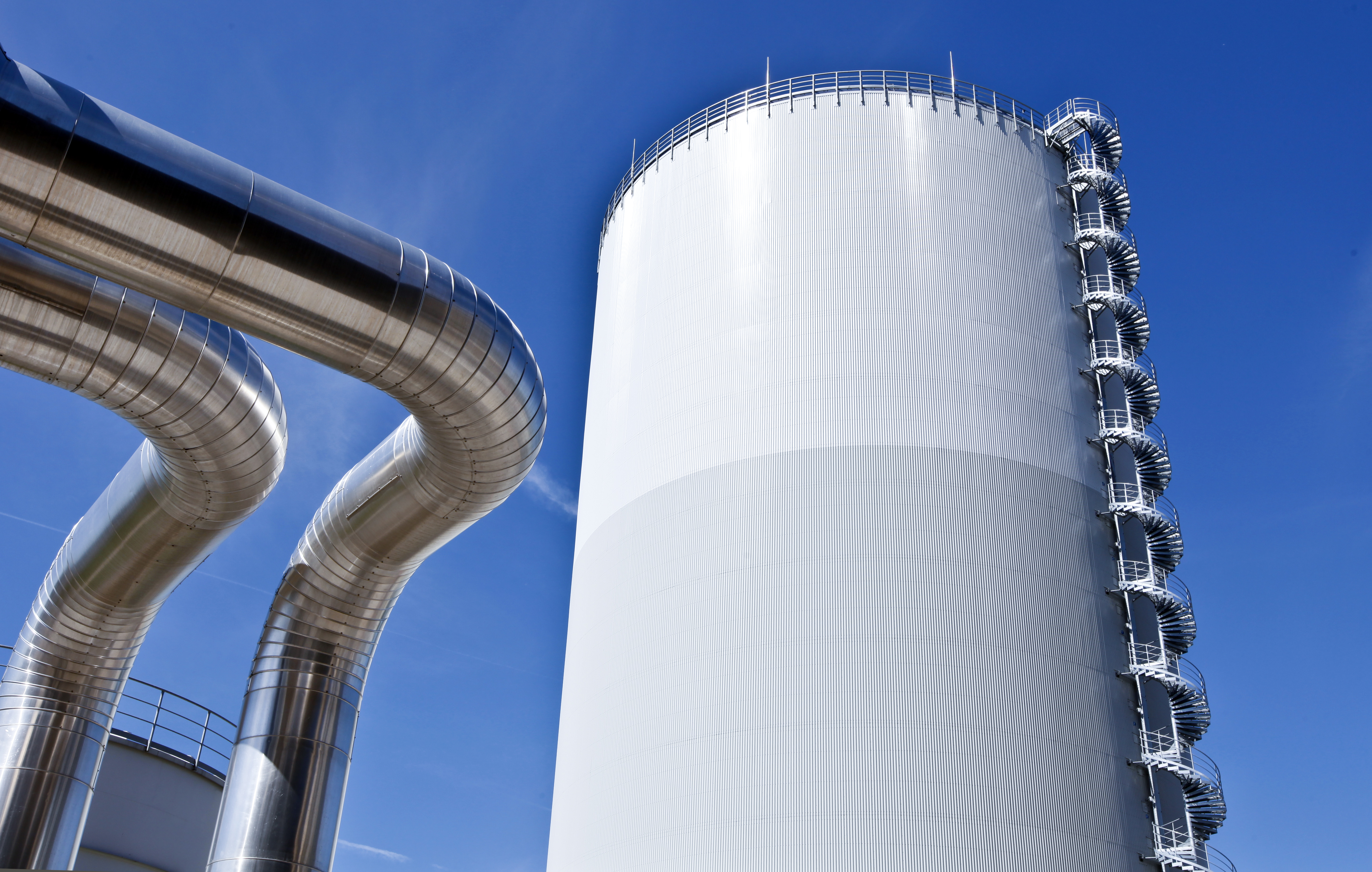German government settles heating row, relaxes rules on new fossil fuel systems
Germany’s traffic light coalition – formed by the Social Democrats (SPD), the Green Party and the pro-business Free Democrats (FDP) – reached a compromise over a law that would make the switch to renewable heating mandatory. After a months-long debate over a de facto ban on the installation of new fossil fuel heating systems from 2024, the coalition agreed to allow various technologies, longer transition periods, and more compliance options to make the law “even more consumer-friendly”.
The draft bill stipulates that:
- H2-ready gas heating systems may be installed if there is a binding investment and transformation plan for hydrogen networks. These heaters are to be operated with at least 50 percent biomethane by 2030 and with at least 65 percent hydrogen from 2035.
- Hybrid heating systems – such as gas heating with a heat pump – and heating with at least 65 percent hydrogen will be allowed in new buildings too – previously this was only an option for existing ones.
- Blue hydrogen (produced with natural gas using carbon capture and storage) is to be allowed to, but this needs to comply with EU Taxonomy regulations.
- Homeowners older than 80 years or those on social benefits will be completely exempt from the obligation to replace broken heating systems with hybrid or renewable ones.
- The draft bill proposed no additional obligations to replace functioning heating systems.
- A scrapping scheme for old boilers is also to be introduced.
- Solar thermal energy, wood burning stoves or pellet heating are to be considered as options for homeowners to meet the 65 percent renewables target, in addition to heat pumps and district heating.
- Existing heaters can continue to be operated, broken heaters can be replaced and, when repairing is no longer possible, transitional periods will apply.
No one should be overburdened when replacing their heating system, economy minister Robert Habeck told broadcaster ARD, adding that social hardship is to be compensated for with subsidies. Exactly how that will look like is yet to be decided.
Energy industry association BDEW said the agreement could finally give momentum to the heat transition. “It is delightful that the federal government has expanded the choice between different technologies for both new and existing buildings,” BDEW head Kerstin Andreae said. “It is now rightly focusing on a broad range of infrastructures and energy sources for heat supply. This makes the energy supply more resilient, the heat transition more flexible and avoids unnecessary costs.”
Municipal utilities association VKU also welcomed the agreement and hailed that different heating technology will be allowed, but warned against hurdles in the way of implementation. “What is decisive is the concrete feasibility and practicality, also in order to achieve broad acceptance,” VKU head Ingbert Liebing said. Both associations called on the government to closely interlink the legislation with municipal heat planning.
The Association of Energy Market Innovators (bne) welcomed the renewable energy targets for newly installed heating systems, but said that the draft was softened considerably. “We need climate protection instead of climate protection readiness,” bne head Robert Busch said, adding that hydrogen readiness is fraudulent labelling. “We will not see a 100 percent H2 gas distribution network for the gas heating systems,” he argued.
Initially, the target year for making it mandatory for all new heating installations to run on 65 percent renewables was 2025, but the government pulled the target forward in response to the energy crisis. The aim to install mostly heat pumps, district heating, bioenergy and other non-fossil solutions by 2024 is part of the Building Energy Act.
The use of fossil heating systems will be banned completely by 2045, the year in which Germany aims to have made its economy entirely climate neutral, according to the draft law. It will now be consulted with the states and is expected to be adopted by the cabinet before the end of the month. Currently, over 80 percent of the country’s heating demand is met with fossil fuels.

